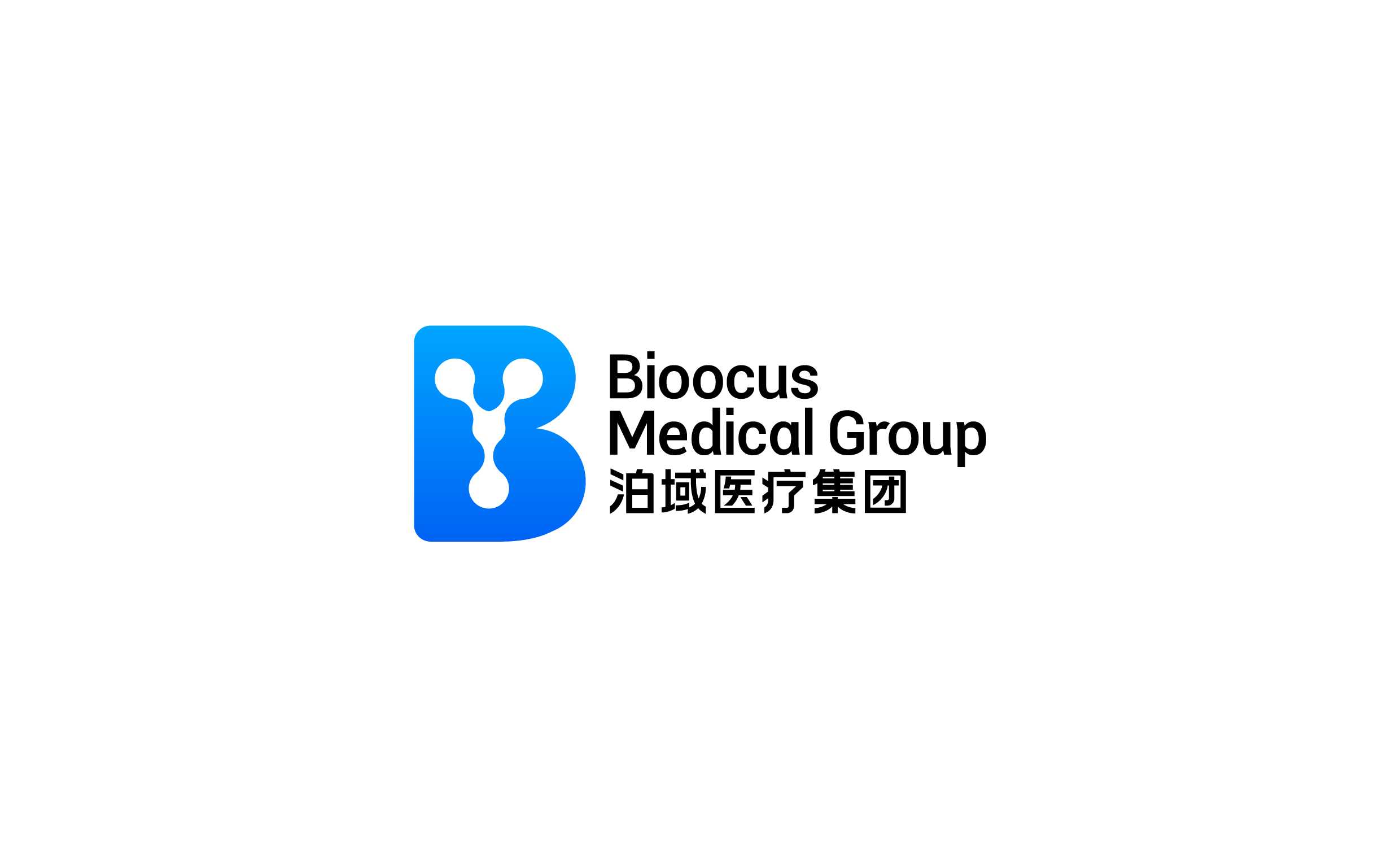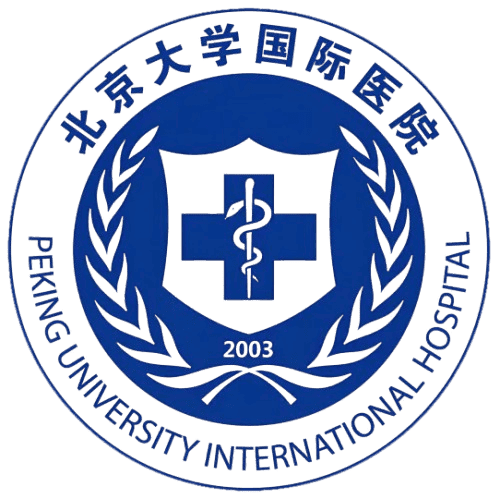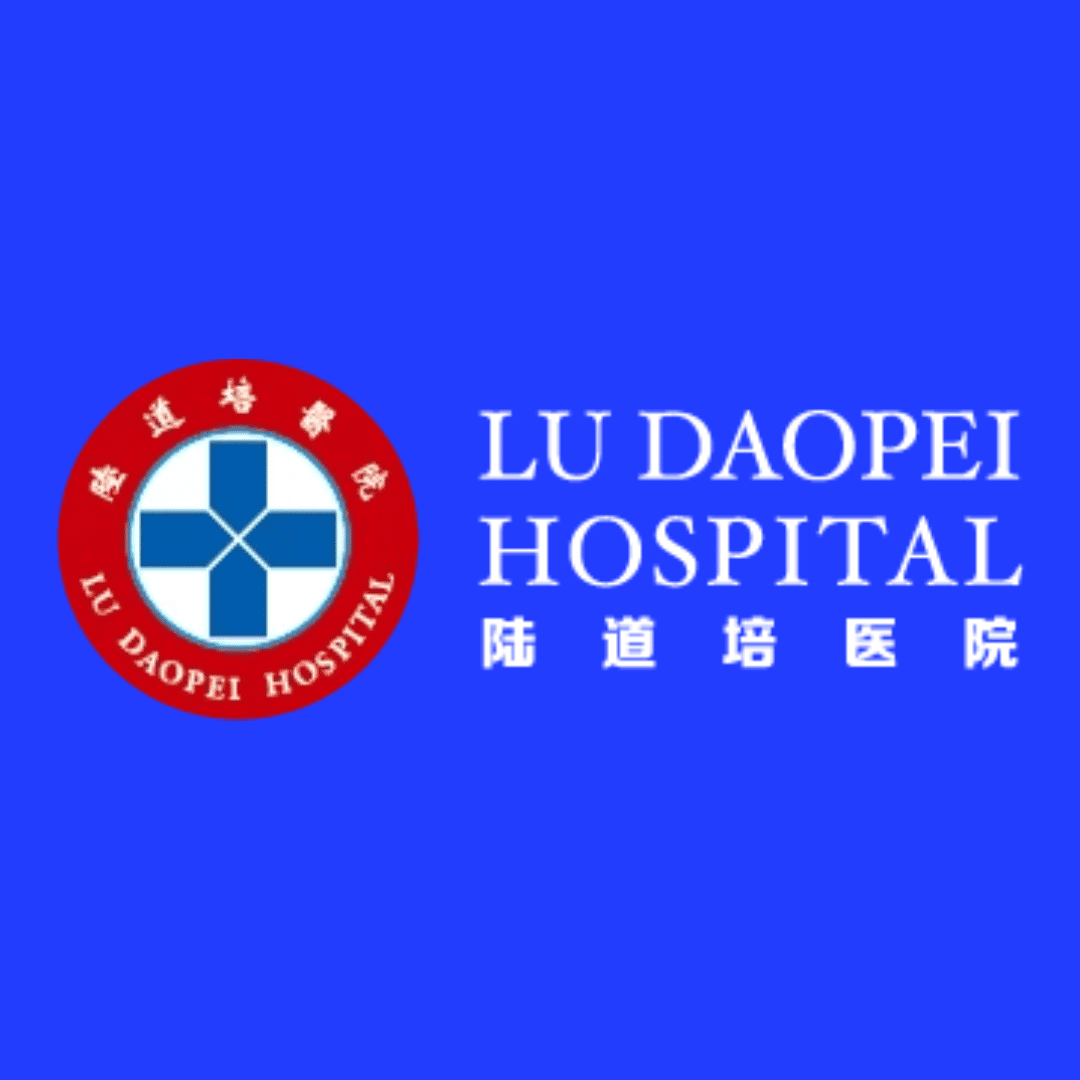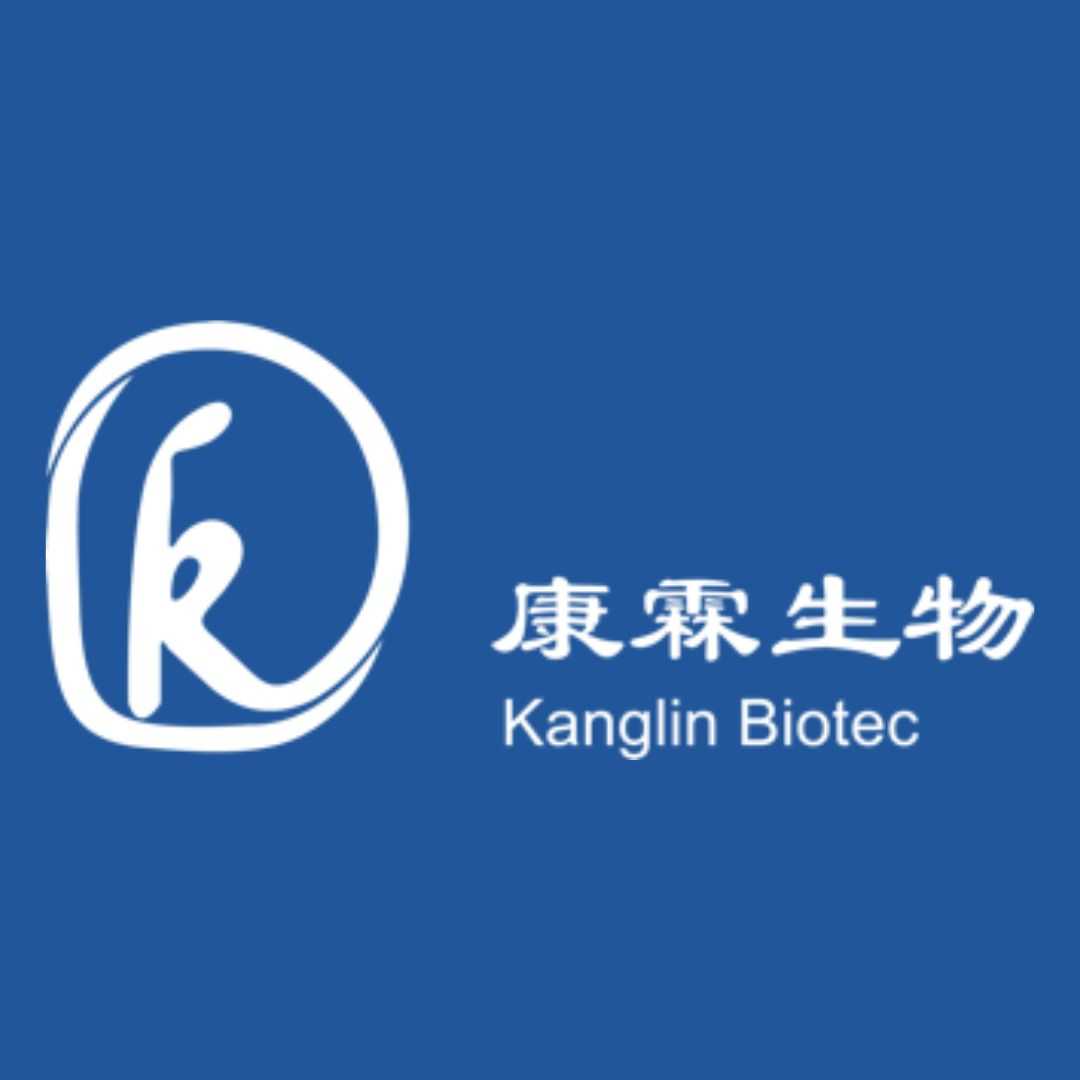Affordable CAR-T Therapy for MM in China
-in-China.png)
Chimeric Antigen Receptor (CAR)-T cell therapy has emerged as a revolutionary treatment for various blood cancers, including Multiple Myeloma (MM). This innovative immunotherapy harnesses a patient's own immune cells to specifically target and destroy cancer cells. While the cost of CAR-T therapy can be a significant barrier in many parts of the world, China has positioned itself as a leading destination for this advanced treatment due to its competitive pricing and significant advancements in the field. This blog post will explore the costs associated with CAR-T therapy for Multiple Myeloma in China, addressing common questions and providing detailed insights for patients considering this option.
What is the general cost range for CAR-T therapy for Multiple Myeloma in China?
"The general cost range for CAR-T therapy for Multiple Myeloma in China typically falls between $100,000 and $250,000 USD, making it significantly more affordable than in Western countries."
This range can vary depending on several factors, including the specific CAR-T product used, the hospital or clinic, the complexity of the patient's case, and any additional medical services required. While still a substantial investment, China's more cost-effective manufacturing processes and government support contribute to these lower prices compared to the $400,000 to $700,000 USD often seen in the United States or Europe. This affordability, combined with high success rates, makes China an attractive option for many international patients seeking CAR-T therapy.
How does the cost of CAR-T therapy in China compare to Western countries for Multiple Myeloma?
"The cost of CAR-T therapy for Multiple Myeloma in China is considerably lower than in Western countries, often ranging from $100,000 to $250,000 USD compared to $400,000 to $700,000 USD in the United States and Europe."
This significant price difference is a major driver for patients considering treatment abroad. The lower costs in China are attributed to various factors, including less expensive research and development, efficient manufacturing processes, a large patient pool for clinical trials, and government initiatives to make advanced therapies more accessible. While the base price of the CAR-T product itself is lower, the overall cost also includes hospitalization, pre-treatment testing, post-treatment monitoring, and management of potential side effects, all of which tend to be more affordable in China.
What factors influence the total cost of CAR-T therapy for Multiple Myeloma in China?
"The total cost of CAR-T therapy for Multiple Myeloma in China is influenced by the specific CAR-T product used, the reputation and location of the treatment center, the duration of hospital stay, the need for supportive care, and any complications that may arise."
Each CAR-T therapy product, such as FUCASO or CILTA-CEL, may have a different price point. Highly specialized hospitals in major cities might charge more than smaller clinics. The length of the hospital stay, which is crucial for monitoring potential side effects like Cytokine Release Syndrome (CRS) and neurotoxicity, directly impacts the overall expense. Furthermore, managing any complications, providing supportive medications, and requiring additional diagnostic tests can add to the final bill. Patients should inquire about a comprehensive cost breakdown from their chosen medical provider.
Are there different types of CAR-T therapies for Multiple Myeloma available in China, and do their costs vary?
"Yes, there are different types of CAR-T therapies for Multiple Myeloma available in China, and their costs can vary based on the specific product and its development."
Currently, several BCMA-targeted CAR-T therapies are available or in advanced clinical trials in China for Multiple Myeloma, such as FUCASO (Equecabtagene Autoleucel) and Cilta-cel (Ciltacabtagene Autoleucel). The newer, more advanced CAR-T therapies that have undergone extensive clinical trials and received broader approvals might have higher price tags. Additionally, some hospitals might offer participation in clinical trials, which can significantly reduce the cost of treatment, often ranging from $40,000 to $80,000 USD, though eligibility criteria apply.
What is included in the quoted cost for CAR-T therapy in China?
"The quoted cost for CAR-T therapy in China typically includes the CAR-T cell product itself, the leukapheresis procedure (cell collection), manufacturing of the CAR-T cells, lymphodepleting chemotherapy, CAR-T cell infusion, and initial inpatient monitoring and management of common side effects."
However, it's essential for patients to clarify with the hospital what exactly is covered. Additional costs might include:
- Pre-treatment evaluation: Comprehensive diagnostic tests, scans, and consultations.
- Long-term follow-up care: Outpatient visits, further tests, and potential readmissions.
- Medications: Any additional medications beyond the standard treatment protocol.
- Accommodation and travel: For both the patient and accompanying family members.
- Interpreter services: If necessary, for non-Mandarin speaking patients.
- Management of severe complications: Although initial management is usually included, prolonged or highly complex complications might incur extra charges.
Can international patients access CAR-T therapy for Multiple Myeloma in China?
"Yes, international patients can access CAR-T therapy for Multiple Myeloma in China, with many hospitals and clinics specifically catering to medical tourists seeking advanced treatments."
China has actively promoted medical tourism, particularly for cutting-edge therapies like CAR-T. Many leading hospitals have international patient departments with English-speaking staff and offer assistance with travel logistics, visa applications, and accommodation. It is crucial for international patients to thoroughly research accredited hospitals, communicate their medical history clearly, and understand the full scope of treatment and associated costs before traveling.
What are the success rates of CAR-T therapy for Multiple Myeloma in China?
"CAR-T therapy for Multiple Myeloma in China has shown promising success rates, with some studies reporting overall response rates (ORR) as high as 90-100% and complete response (CR) rates ranging from 50-60% or more in relapsed/refractory patients."
These rates are comparable to, and in some cases even exceed, those reported in Western trials, demonstrating China's expertise and commitment to CAR-T research and application. The high success rates are a key reason why patients globally are increasingly considering China for their Multiple Myeloma treatment. However, it is important to remember that individual responses can vary based on factors like prior treatments, disease aggressiveness, and overall patient health.
How long does the CAR-T therapy process for Multiple Myeloma typically take in China?
"The entire CAR-T therapy process for Multiple Myeloma in China, from initial evaluation to cell infusion and immediate post-infusion monitoring, typically takes several weeks to a few months."
This timeline can be broken down into several phases:
- Initial evaluation and cell collection (leukapheresis): This usually takes about one week.
- CAR-T cell manufacturing: This is the longest phase, typically lasting 2-4 weeks, during which the patient's T-cells are genetically modified and expanded in a laboratory.
- Lymphodepleting chemotherapy and CAR-T cell infusion: This phase usually takes about 1-2 weeks, involving preparation of the patient's body for the modified cells and the actual infusion.
- Inpatient monitoring: Patients are typically monitored in the hospital for 2-4 weeks post-infusion to manage potential side effects.
- Outpatient follow-up: Long-term follow-up will be required, often extending for months or even years.
What are the potential side effects of CAR-T therapy for Multiple Myeloma, and how are they managed in China?
"The potential side effects of CAR-T therapy for Multiple Myeloma primarily include Cytokine Release Syndrome (CRS) and Immune Effector Cell-Associated Neurotoxicity Syndrome (ICANS), which are managed by experienced medical teams in China using established protocols."
CRS is a systemic inflammatory response that can cause symptoms like fever, chills, fatigue, headache, nausea, and in severe cases, organ dysfunction. ICANS can lead to neurological symptoms such as confusion, language difficulties, seizures, and tremors. Chinese hospitals specializing in CAR-T therapy have dedicated teams trained in identifying and managing these side effects, often utilizing medications like tocilizumab (for CRS) and corticosteroids (for CRS and ICANS). Patients are closely monitored in specialized units, ensuring prompt intervention and minimizing risks.
Is CAR-T therapy a cure for Multiple Myeloma?
"While CAR-T therapy has demonstrated remarkable deep and durable remissions in patients with relapsed/refractory Multiple Myeloma, it is generally considered a highly effective treatment that can lead to long-term control rather than a definitive cure for all patients."
For many patients, CAR-T therapy offers a significant improvement in quality of life and extended progression-free survival, even achieving complete remission. The goal is to achieve a deep and lasting response, and ongoing research continues to explore ways to improve the durability of these responses and potentially achieve a functional cure for a broader range of patients with Multiple Myeloma.
What post-treatment care and follow-up are required after CAR-T therapy in China?
"After CAR-T therapy in China, patients require comprehensive post-treatment care and rigorous follow-up, including regular blood tests, imaging scans, and clinical evaluations to monitor for response, relapses, and long-term side effects."
This follow-up typically involves frequent visits to the treating hospital initially, gradually decreasing in frequency over time. Doctors will monitor for residual disease, assess immune recovery, and manage any late-onset side effects or complications. Patients may also need supportive care, such as immunoglobulin replacement, due to prolonged low antibody levels. International patients should plan for an extended stay in China for initial follow-up or arrange for seamless transfer of care to their home country with clear communication between medical teams.
Are there any regulatory considerations for CAR-T therapy in China that international patients should be aware of?
"International patients considering CAR-T therapy in China should be aware that China has its own regulatory approval process for these therapies, and not all therapies approved elsewhere may be readily available or vice-versa."
China has a robust and rapidly evolving regulatory landscape for novel therapies, with several domestic CAR-T products receiving approval. While some globally recognized CAR-T therapies may also be approved, patients should verify the approval status of the specific CAR-T product they are interested in with their chosen hospital. It's also important to understand any specific visa requirements or medical tourism regulations that might apply to their country of origin.
Explore PlacidWay for solutions related to medical tourism, healthcare services, and other relevant offerings to help you navigate your healthcare journey.


.png)
.png)





Share this listing